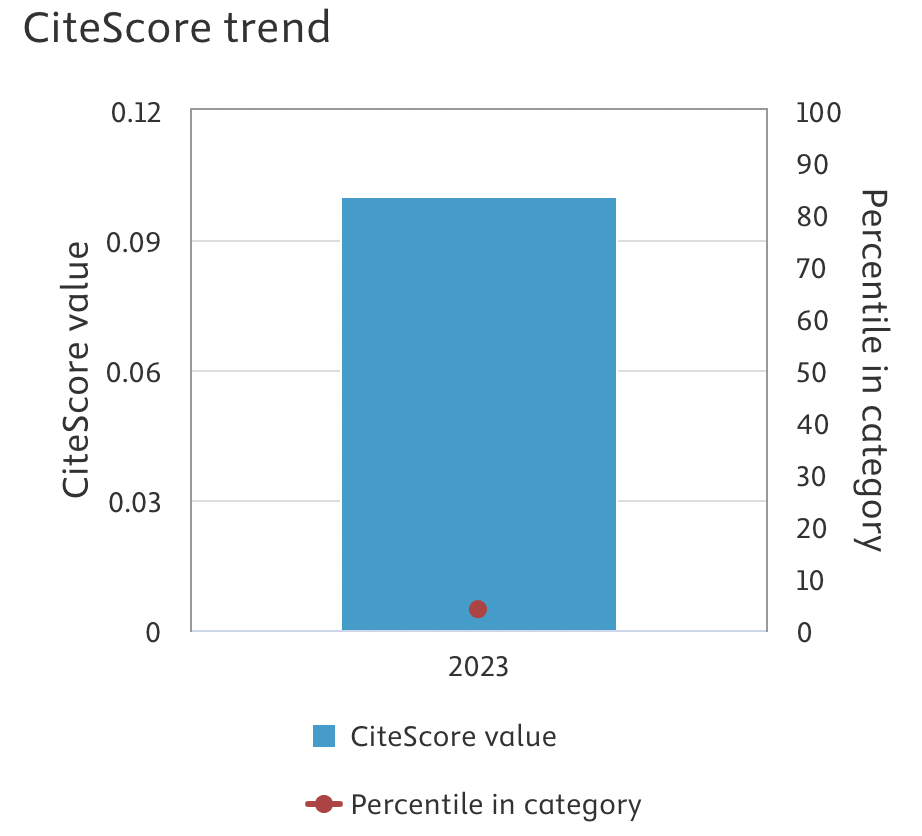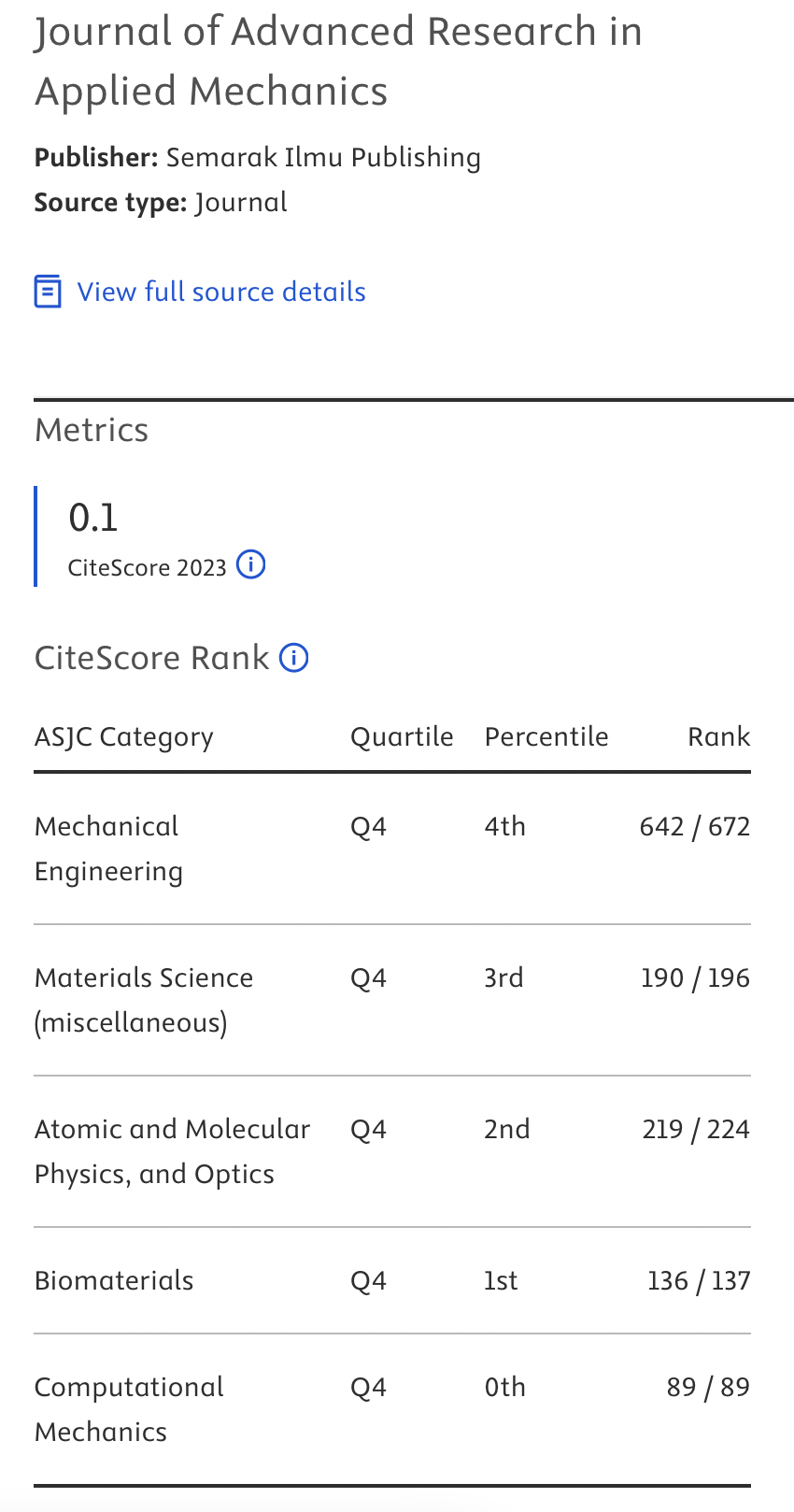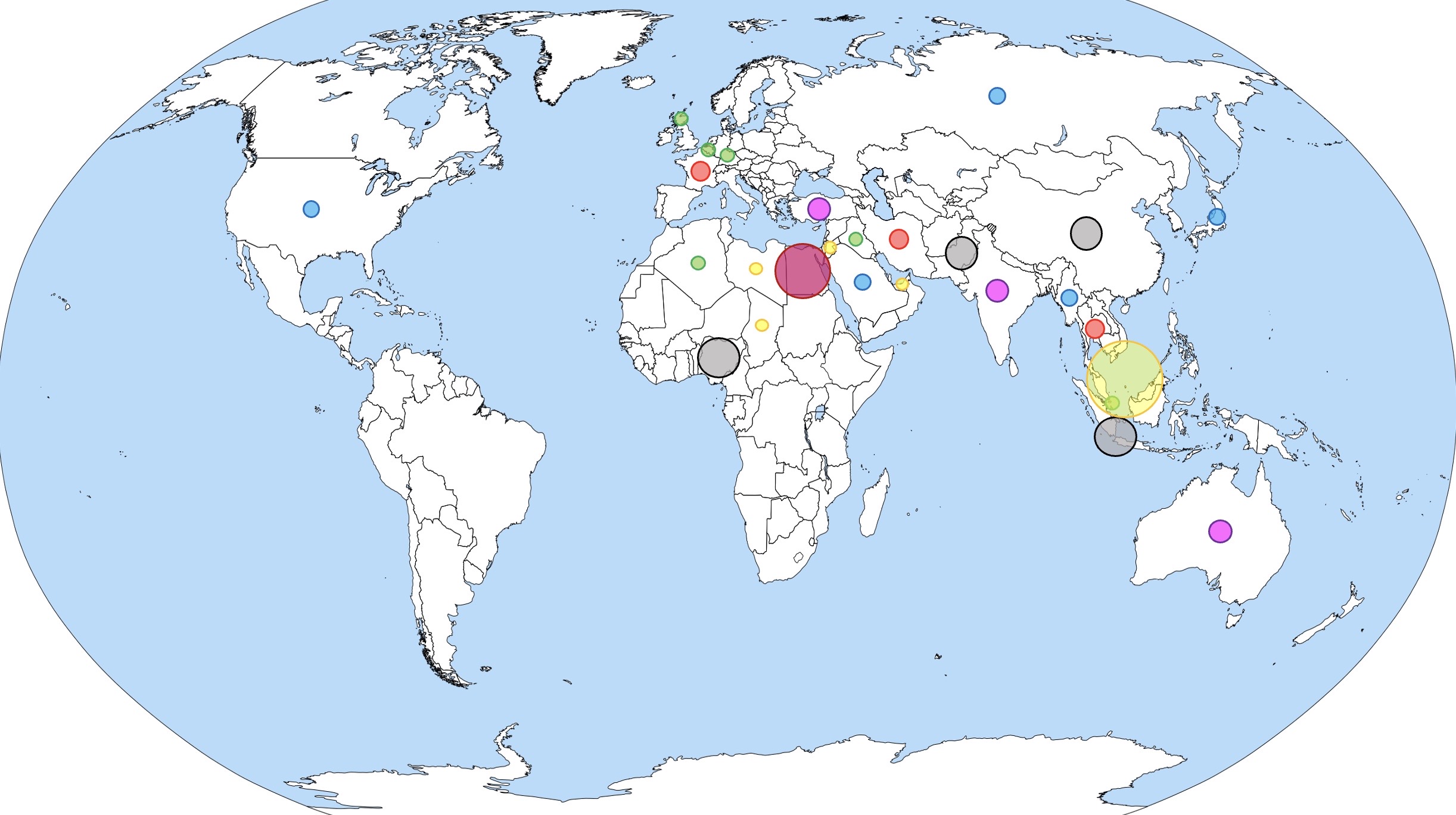Mechanical, Chemical and Physical Characteristics of Palm Kernel Shell and Polystyrene Mixture Pellets
DOI:
https://doi.org/10.37934/aram.122.1.3243Keywords:
Palm kernel shell, pellets, co-densification, polystyreneAbstract
The pelletization of biomass has the potential to replace fossil fuels as a source of energy. Pellet characteristics such as high durability and low moisture content are essential for making a good pellet. There are currently no studies on the physical, chemical, and mechanical properties of pellets made from a mixture of Palm Kernel Shell (PKS) and Polystyrene Plastic (PS). The focus of this research is to analyze the effect of different PS mass percentage on the physical, chemical, and mechanical properties of PKS-PS pellets. The PKS-PS mixture percentage is varied from 100%-0%, 70%-30%, and 50%-50% with varying corn starch binder percentages of 0%, 2%, and 4%. From the findings, increasing the PS mass percentage in the mixture decreases the density and moisture content. Furthermore, increasing the PS mass percentage increases the volatile matter while decreasing the ash content. Compressive strength and impact resistance increase significantly with higher PS mass percentage. Adding corn starch as a binder agent increases the impact resistance and compressive strength of the pellet, regardless of the PKS-PS mixture percentage. To conclude, producing pellet blends of PKS and PS utilizing corn starch as a binder agent has excellent results for both mechanical properties testing, resulting in high-quality pellets that are less prone to breaking during combustion.
Downloads



























